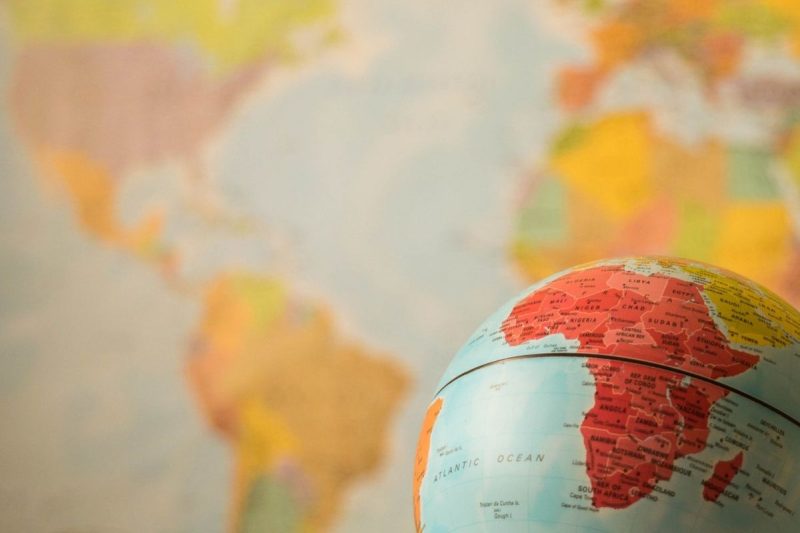UAE: The Top Destination for Smuggled African Gold Worth Billions, Study Says
The United Arab Emirates (UAE) has emerged as a key player in the global gold trade, particularly when it comes to the smuggling of African gold worth billions of dollars. A recent study sheds light on the significant role that the UAE plays in the illicit gold market and the implications this has for the African countries exporting their gold.
According to the study, the UAE ranks as the top destination for smuggled African gold, with an estimated value reaching into the billions. This has raised concerns about the impact on the economies of African countries, as the proceeds from the illegal gold trade are not contributing to their development or benefiting their citizens.
One of the main reasons behind the UAE’s attractiveness as a destination for smuggled gold is its reputation as a hub for the global gold trade. With well-established infrastructure, financial services, and free trade zones, the UAE provides an ideal environment for the laundering of illicit gold and its integration into the legitimate market.
Furthermore, the lax regulatory environment in the UAE allows for the easy movement of gold without stringent controls or transparency requirements. This makes it difficult to track the origin of the gold and prevents the implementation of effective measures to curb illegal trade activities.
The study also highlights the role of criminal networks and corruption in facilitating the smuggling of African gold into the UAE. These networks take advantage of weak enforcement mechanisms and exploit regulatory loopholes to carry out their illicit activities, further undermining efforts to combat the illegal gold trade.
The implications of the UAE’s status as a top destination for smuggled African gold are far-reaching. Not only does it perpetuate the exploitation of natural resources in African countries, but it also fuels money laundering, organized crime, and the perpetuation of conflict in the region.
To address this issue, concerted efforts are needed at both international and domestic levels. African countries must strengthen their regulatory frameworks, enhance monitoring and enforcement mechanisms, and collaborate with international partners to prevent the smuggling of gold to destinations like the UAE.
On the other hand, the UAE must take responsibility for its role in facilitating the illegal gold trade and adopt stricter regulations to ensure that all gold entering its territory is sourced ethically and legally. This will require greater transparency, due diligence, and cooperation with relevant stakeholders to prevent the exploitation of African resources and promote sustainable development in the region.
In conclusion, the study underscores the urgent need to address the smuggling of African gold to the UAE and the broader issues related to the illicit gold trade. By working together to combat this illicit activity, stakeholders can help safeguard the interests of African nations, promote transparency and accountability in the gold supply chain, and contribute to sustainable development efforts in the region.

